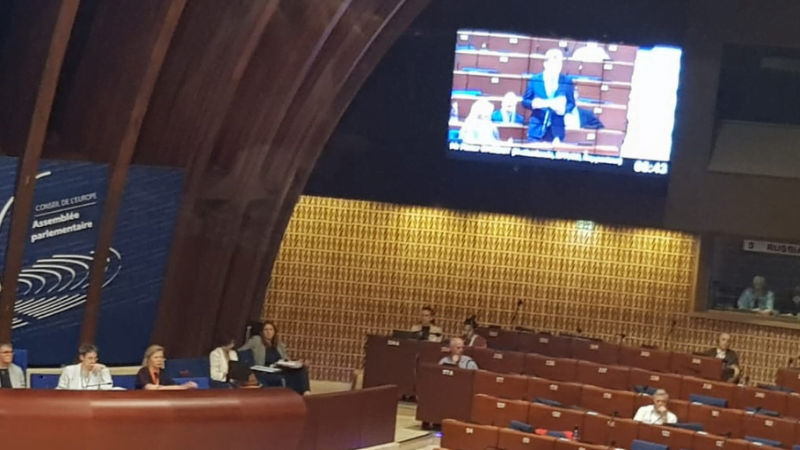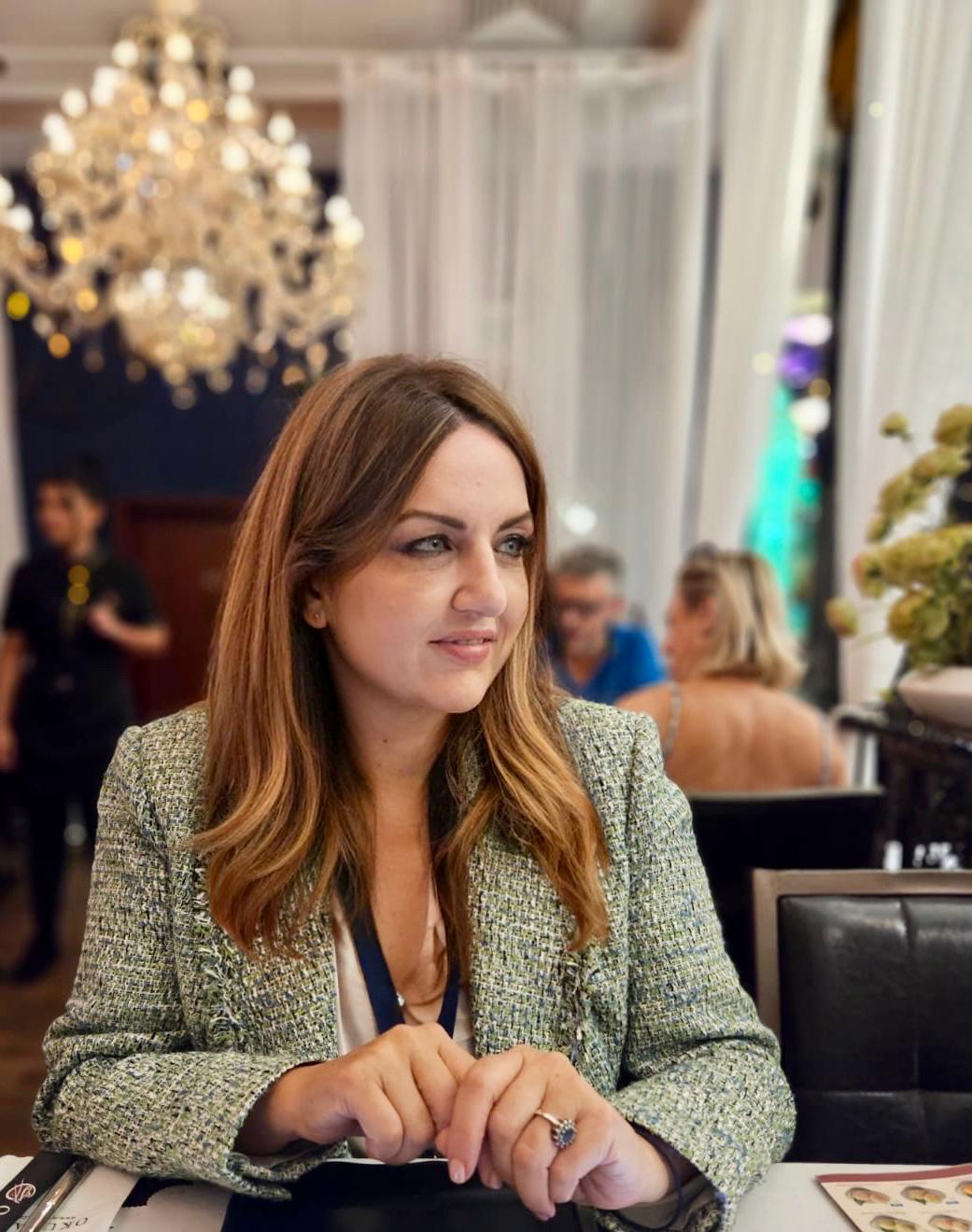It is not up to the prime minister to determine the time frame of an inquiry that is scrutinising the government as this would violate the principle of separation of powers that is fundamental to the rule of law, Special Rapporteur Pieter Omtzigt said in a letter to Prime Minister Robert Abela.
The Council of Europe Special Rapporteur has written yet another letter to Abela to express his “principled disagreement” with the Prime Minister’s approach to the terms of reference of the public inquiry.
The letter comes after Abela said he would grant a “one-time extension” to the public inquiry looking into the assassination of journalist Daphne Caruana Galizia.
Omtzigt reminded the Prime Minister that there is no legal requirement for the inquiry to finish within nine months, nor any legal basis for the government subsequently to impose some other time limit.
“In any case, it would not be up to a prime minister whose government is under inquiry to enforce the law applicable to that inquiry. This would violate the principle of separation of powers that is fundamental to the rule of law,” he wrote.
Omtzigt said the government’s power could be used to prevent the inquiry from hearing evidence that the government does not wish to hear.
“This is a violation of the inquiry’s independence, beyond any shadow of a doubt,” he added.
Letter to Prime Minister of Malta @RobertAbela_MT on his decision to set a time limit to the public inquiry int the assassination of Daphne Caruana Galizia.
(The government is object of the inquiry) pic.twitter.com/KVIQRkhzJr— Pieter Omtzigt (@PieterOmtzigt) September 18, 2020
There is a contradiction in the Prime Minister’s position, Omtzigt pointed out, saying there cannot be both a time limit fixed by law and the possibility for the Prime Minister to determine the time limit.
The terms of reference state that the public inquiry “shall endeavour to conclude its work within a time frame of nine months without prejudice to the proper fulfilment of these terms of reference”.
He also noted that there is yet no indication of “undue delay”.
“On the contrary, the inquiry has proceeded with remarkable efficiency, despite the intervening Covid-19 crisis – and above all, when compared with proceedings on related matters within the criminal justice system.”
The letter also refers to the “outrageous attack on the integrity of the inquiry” by Labour Party MP Glenn Bedingfield.
“As a media advisor to your predecessor, Mr Bedingfield played a prominent role in orchestrating public hostility against Ms Caruana Galizia and her family. It is therefore highly likely that he will be a person of interest to the inquiry under the third limb of its terms of reference,” Omtzigt said.
The Council of Europe’s Special Rapporteur added that Bedingfield’s comments represent yet more political interference with the work of the inquiry.
Lawyers of the family had submitted a letter to the board saying the Prime Minister has no discretion to say if he agrees or not with giving an extension to the inquiry.
“It was also made clear that this board was set up to be independent of government and to be lead independently of the government. The only obligation this board has towards the government is to submit a copy of the report to the Prime Minister and the Attorney General.”
NGOs and the Opposition have since called on the government not to interfere in the process of an independent inquiry. A protest organised by Repubblika reiterated the call.













